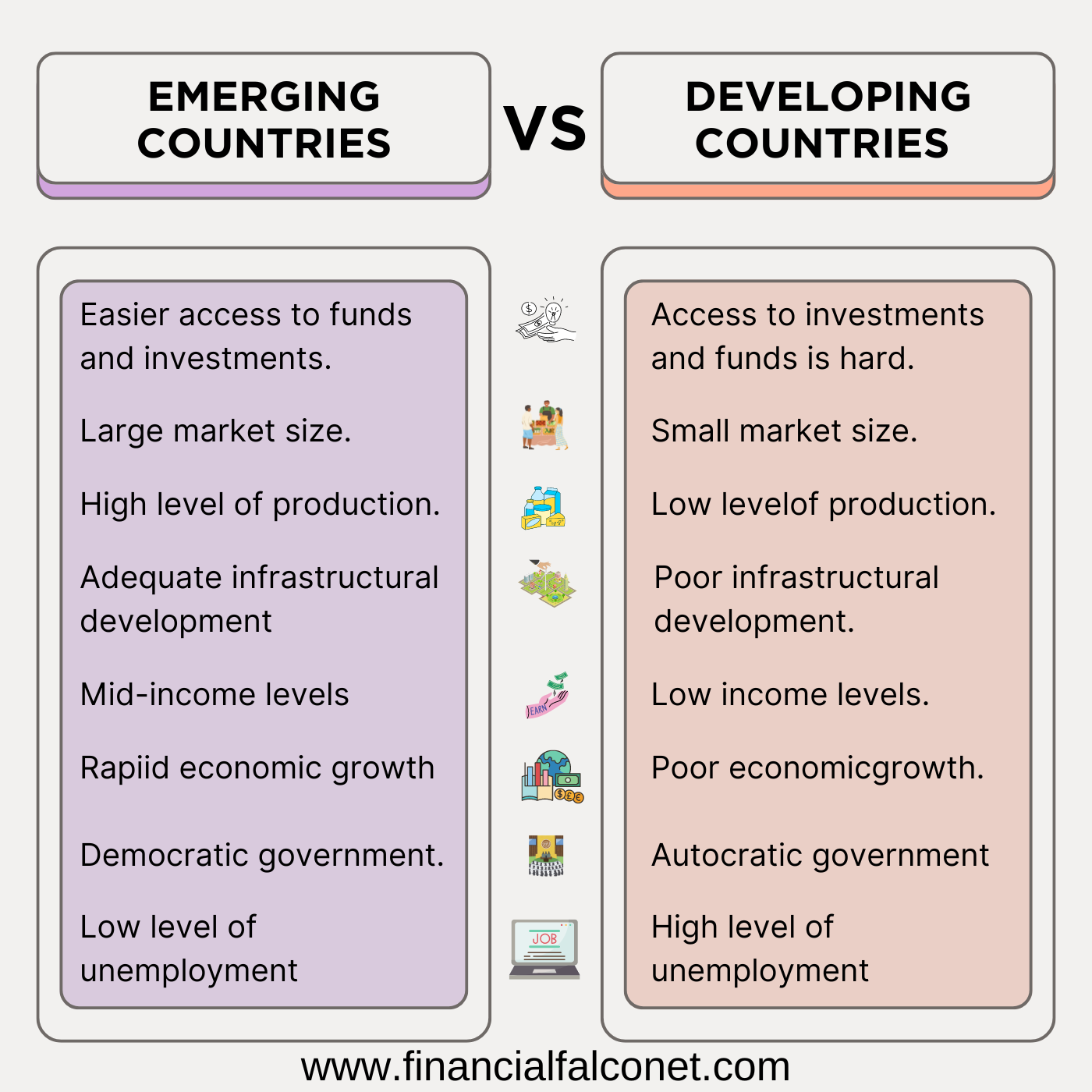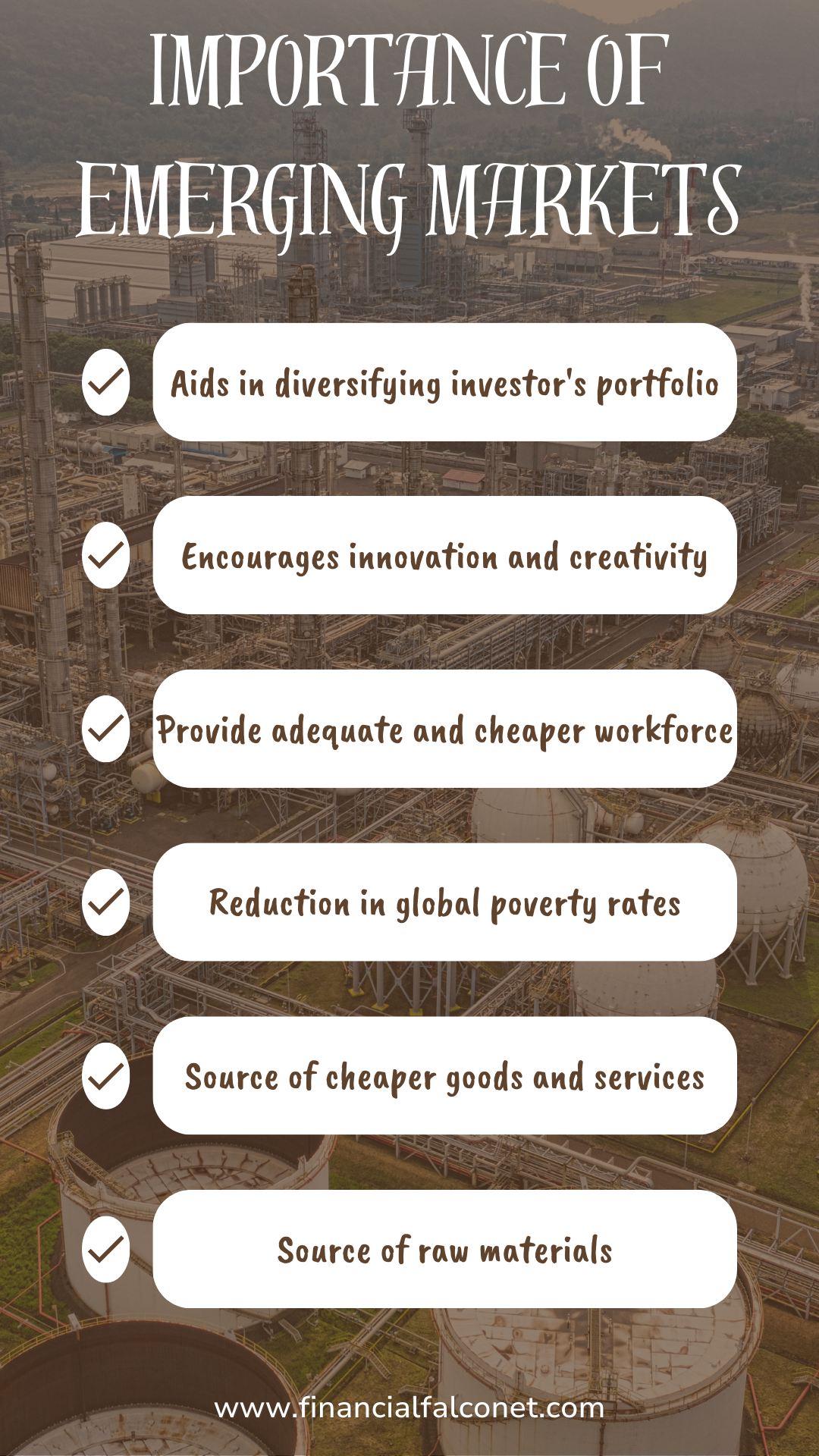
Does socialism work? Reasons why it works
Does socialism work? Socialists believe that the resources available in any given society at any point in time should be beneficial to the whole society and not just a select number of individuals. In order to attain this, they propose the adoption of socialist policies that will enhance wealth transfer from the rich members of society to the poor within a framework that ensures equality of opportunities, access to basic amenities and services, as well as social ownership of the resources and means of production such as land, capital, and factories. Through these means, socialism aims to address the shortcomings of unfettered capitalism.
However, despite the proposition and implementation of these laudable policies by socialist countries, socialism has been faced with both fervent support and staunch criticism throughout history. Before we can answer whether socialism works or not, we need to have a closer look at it to understand what it means.
Read about: Are socialist countries poor?
What is socialism?
Socialism’s main objectives are
- The creation of a society where resources and wealth are distributed more equitably among all members.
- The provision of public goods by the government or the collective entity that oversees and controls the resources and means of production on behalf of the people.
- Equal opportunities for career advancement and employment as well as access to basic necessities such as healthcare, food, shelter, and education.
All these are geared toward ensuring that the resources and means of production are used judiciously for the benefit of all citizens rather than for profit; as production is based on the usage value of goods rather than their exchange value.
One of the features of socialism is the establishment and implementation of a coordinated economy where a collective entity, usually the central planning committee makes decisions about production, distribution, and pricing instead of market mechanisms such as the forces of demand and supply. This is aimed at curtailing inadequate production of public goods, ensuring that resources are used judiciously, facilitating efficient distribution of goods and services, and preventing the boom and bust cycles of capitalism.
A guiding principle of socialism is the expectation that every individual contributes their quota to the community through the use of their skills for the benefit of all.
While socialism is not without its challenges and drawbacks, its core principles reflect an earnest pursuit of justice, equality, and human flourishing.

Are there any benefits to socialism?
Read about: How would socialism affect me?
Does socialism work?
Read about: What is a socialist government?
Reasons why socialism works
- Absence of exploitation
- Access to basic necessities
- Better use of resources
- Community cohesion and social solidarity
- Democratic control
- Planned economy
- Reduction of wealth disparities
Socialism has proven to work due to the immense benefits of this system which makes it effective in solving a considerable number of society’s problems. Above are some of the reasons why socialism does work and we shall discuss each of these reasons below:
Read about: Conservative view on the economy
Absence of exploitation
Under socialism, consumers and employees are protected from exploitation by capitalists driven by the profit motive of their personal greed and self-interest. This is due to the social ownership of resources and the means of production which implies that all individuals have an equal stake in the factories, businesses, and firms that are in existence.
Additionally, since production is based on usage value rather than exchange value, both competition and the profit motive are eliminated. This ensures that the products and services offered to consumers are of good quality and meet the need for which they are produced.
Therefore, the absence of exploitation for both consumers and workers is one of the reasons why socialism works.
Access to basic necessities
Access to basic necessities is one of the reasons why socialism works. Under capitalism, every individual is expected to cater to all their basic needs which include housing, shelter, food, and clothing without support from anyone.
Hence, most individuals have to work long hours in order to earn enough to take care of these needs while all those who are unemployed or unable to work either due to disease, disability, or age are often left to suffer or be at the mercy of their friends and relatives. This is not the case under socialism as the system promotes the establishment of universal social welfare programs which are usually funded by the government.
These social welfare programs include universal healthcare, education, housing, and welfare support for vulnerable members of society. By guaranteeing these essential services as rights, socialism ensures that individuals have access to basic amenities which aids them to enjoy a decent standard of living and also have access to opportunities for personal development, regardless of their socioeconomic background. Thus socialism works by ensuring that all members of society have access to the basic necessities they need for daily life.
Better use of resources
One reason why socialism works is that resources are better utilized. Since socialist governments often control the key sectors of the economy and coordinate almost all of society’s functions, they can make better use of resources, labor, and lands. This ensures that instead of producing luxury goods for profit, production can be adequately channeled toward the production of essential goods and services that benefit every individual.
The sustainable and efficient use of resources is also encouraged so as to preserve the environment and ensure that future generations also enjoy the resources that society has been blessed with. This is especially true for ecosocialists whose core concern is the interdependent nature of our ecosystem.
Socialism works by ensuring large projects are completed within a short time frame. This can be seen in Russia and China; for example, the Soviet Union’s Khrushchyovka apartments which were constructed to provide affordable housing to citizens and the high-speed rail system of China. These projects require substantial investment as well as human capital for their completion in record time. Thus, socialism works by avoiding production inefficiencies and ensuring the efficient and effective use of resources to reach set goals.
Community cohesion and social solidarity
Socialism works by promoting cooperation and social solidarity over individualism and competition which are intrinsic characteristics of free market economies. Cooperation is encouraged as all activities done under socialist systems are done collectively with the aim of benefiting society rather than personal gain.
By prioritizing the welfare of the community as a whole through the various social safety nets available under socialism, the system further fosters a sense of collective responsibility and mutual support. This can create a more cohesive and inclusive society, where individuals work together towards common goals and where the well-being of all members is prioritized. Hence, socialism works because it enhances community cohesion and social solidarity.
Democratic control
Democratic control is an intrinsic part of socialism and it is one of the many reasons why socialism works. The means of production and resources are controlled through democratic means by worker councils or elected representatives.
In most instances, a socialist government would ensure that elected representatives do not receive financial privileges as a result of their position and that the working class has the time to take part in the running of society. This would involve measures such as a shorter working week and decent, affordable childcare which ensures that parents get the assistance they require with their children whenever they are at work.
Thus, socialism emphasizes community participation and decision-making by encouraging the involvement of local communities, workers, and consumers in determining the priorities, allocation, and management of resources. When people get involved in this way, it aids the effectiveness of the system thereby making socialism work.
Planned economy
One of the key reasons why socialism works is due to its planned economy, where production and resource allocation are determined by the state or through collective decision-making processes. This allows for strategic prioritization of resources, directing them towards sectors that benefit society as a whole rather than solely for profit-driven motives.
Most socialist countries have 5-10 year plans that outline the state goals for economic, infrastructural, investments, and other plans for the country. The detailed nature of these plans makes it easier for these socialist countries to achieve set goals and track the progress of the various projects that are undertaken in society.
Reduction of wealth disparities
The most commonly cited reason why socialism works is due to its core objective of reducing wealth disparities. Socialism works by distributing wealth and resources more equally among members of society through minimum and maximum wages, nationalization of key industries, progressive taxation, employment protection, and provision of a specified basic income for those that are unemployed, the aged, or those that are ill.
Wage floors and ceilings are often implemented under socialism to ensure that individuals do not earn below specific benchmarks and cannot earn above a particular benchmark too. These minimum and maximum wages are geared at ensuring that the income disparity among individuals is minimized and kept at the bearest level possible.
Socialist governments have frequently nationalized industries to bring critical sectors of the economy under public ownership and control. This includes sectors such as energy, telecommunications, utilities, transportation, and natural resources. By having the government in charge, these essential sectors prioritize the needs of the people rather than generating profits for private entities.
The nationalization of industries and resources also ensures that the government can effectively channel the country’s resources, means of production, distribution, and exchange for the benefit of everyone as they can easily regulate prices, ensure affordability, and prevent the exploitation of consumers for personal gain.
Progressive taxation is a phenomenon where higher-income individuals and corporations are taxed at a higher rate, while lower-income individuals are taxed at a lower rate or not at all. This also aids wealth redistribution as the revenue generated from these taxes is mostly used to fund social programs and initiatives aimed at providing basic amenities such as low-cost housing, universal healthcare, and education.
Employment opportunities abound in socialist environments as there is always one project or the other going on. The government also protects workers by ensuring that they do not get fired without due process and adequate compensation.
By minimizing extreme disparities in wealth and income through these various means, socialism creates a more equitable society where everyone has access to basic needs and opportunities thereby maintaining a basic living standard for the poorest in society. This can lead to a more cohesive and stable society, as it addresses the grievances associated with poverty and marginalization which in turn makes socialism work as the masses get satisfied with the system.
Read about: A liberal view on the Economy
Conclusion
Does socialism work? Yes, socialism works because its system of social ownership of the means of production and resources ensures a more equitable distribution of resources and a more democratic society through increased worker and citizen participation in the decision-making processes. It is worth noting that there are different forms of socialism. Hence, the success rates of these different forms are likely to differ since their main areas of concern differ.


